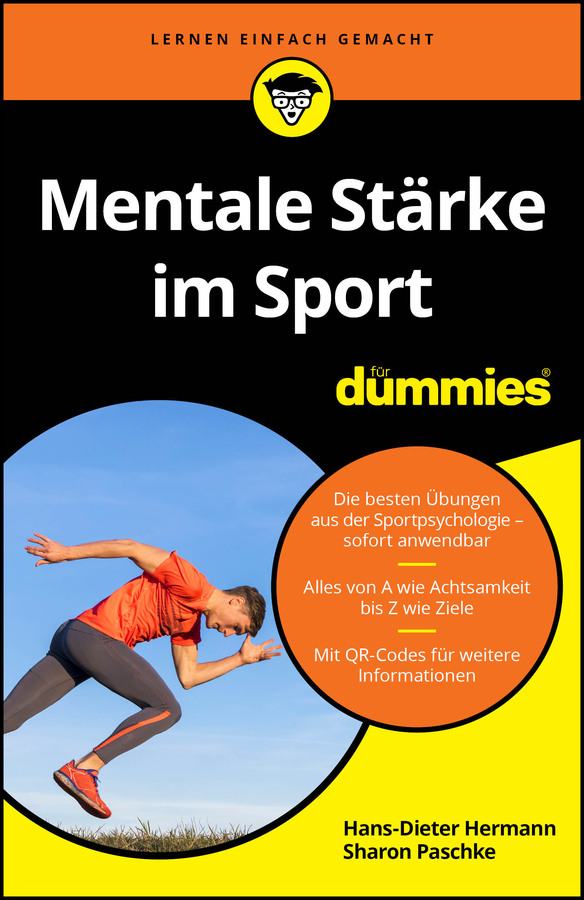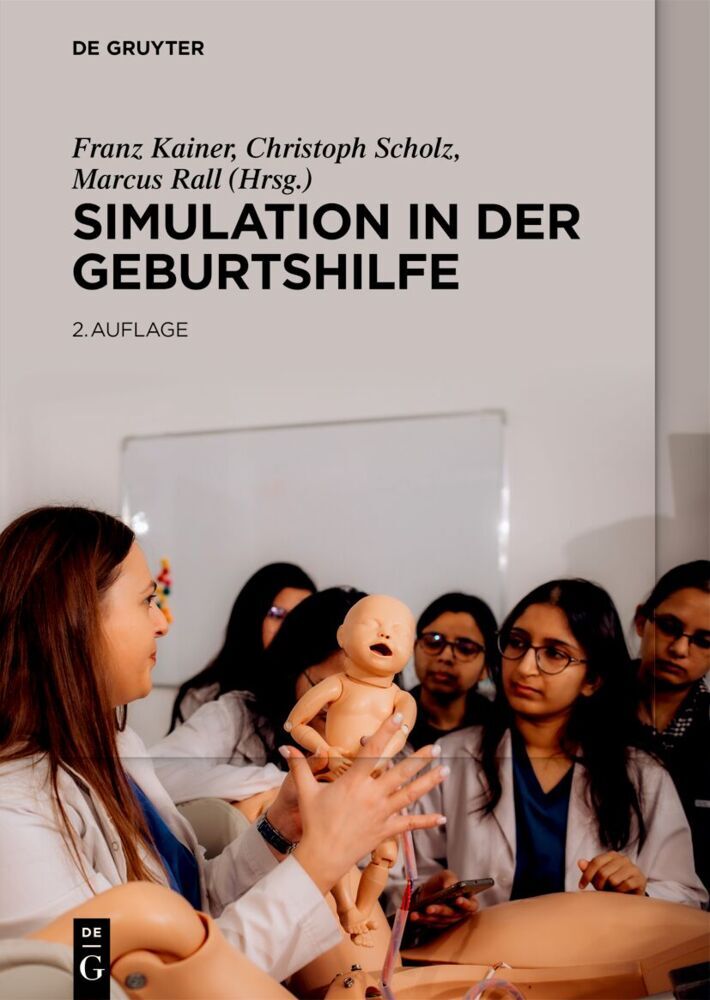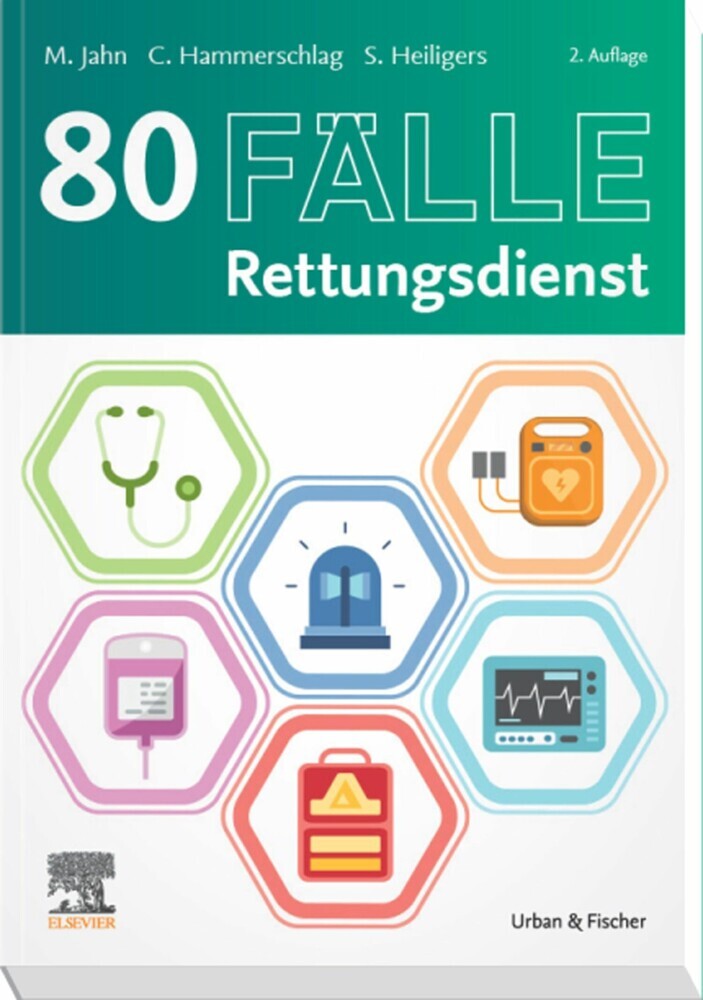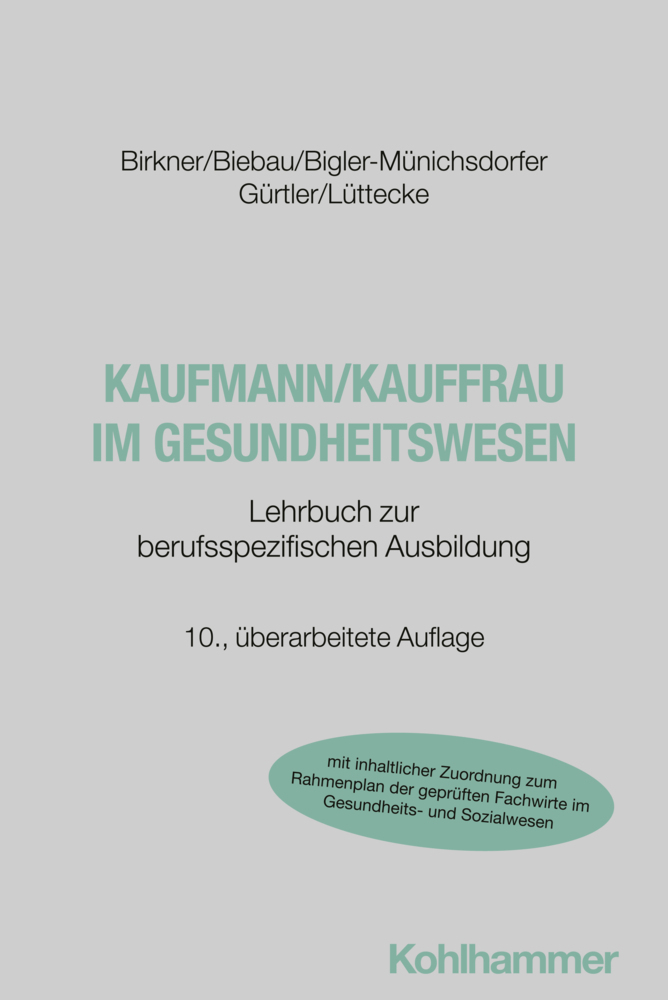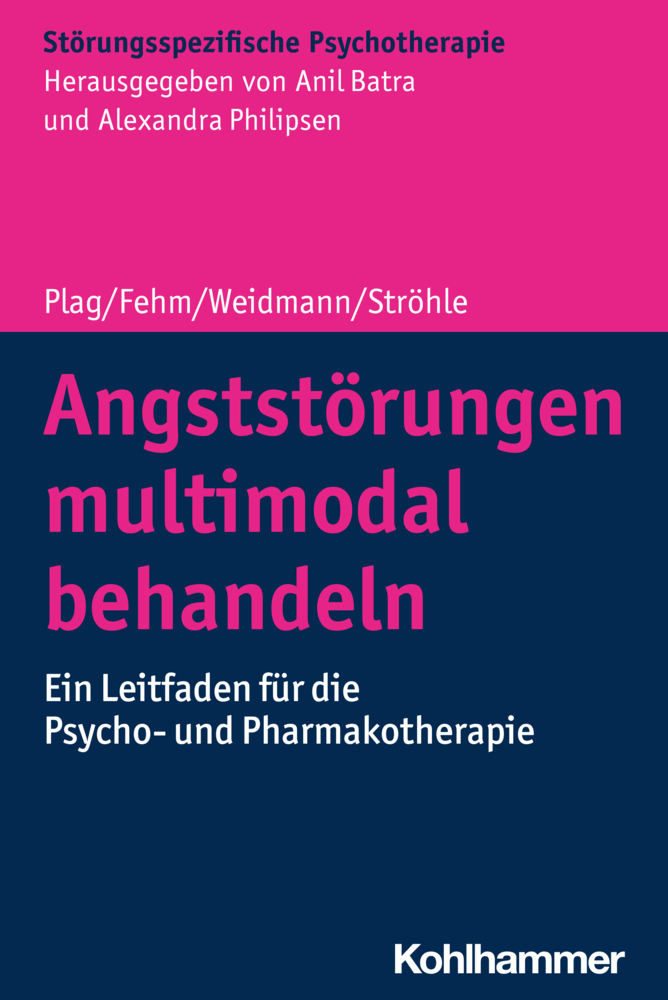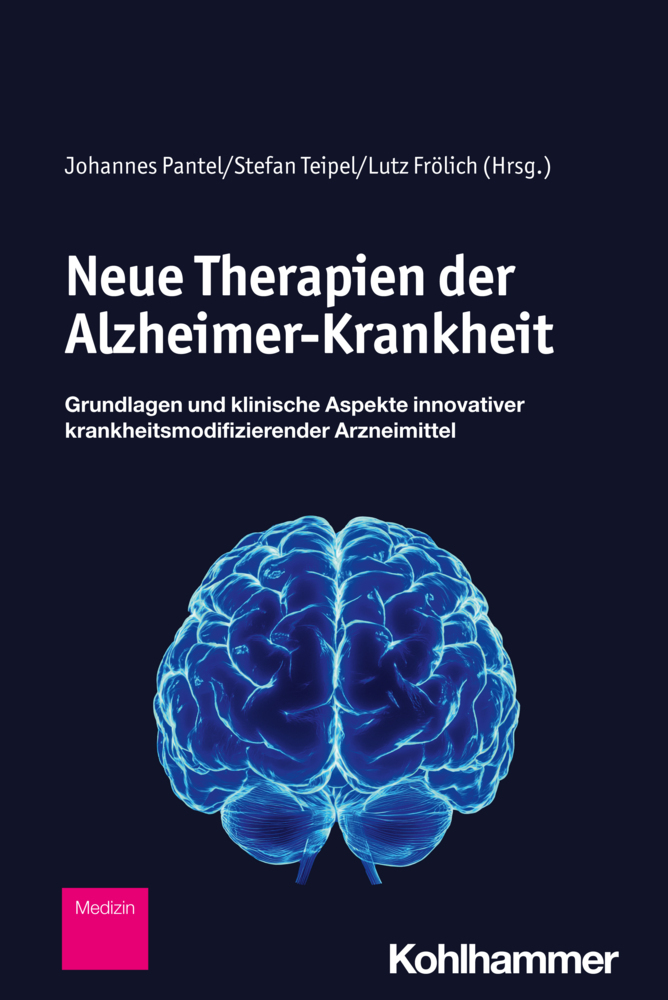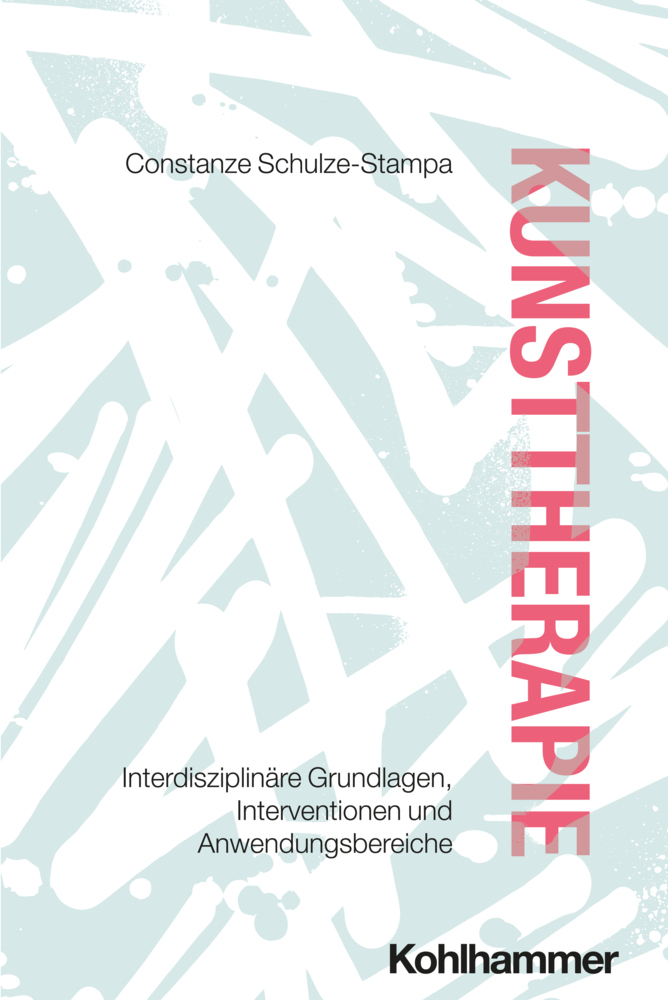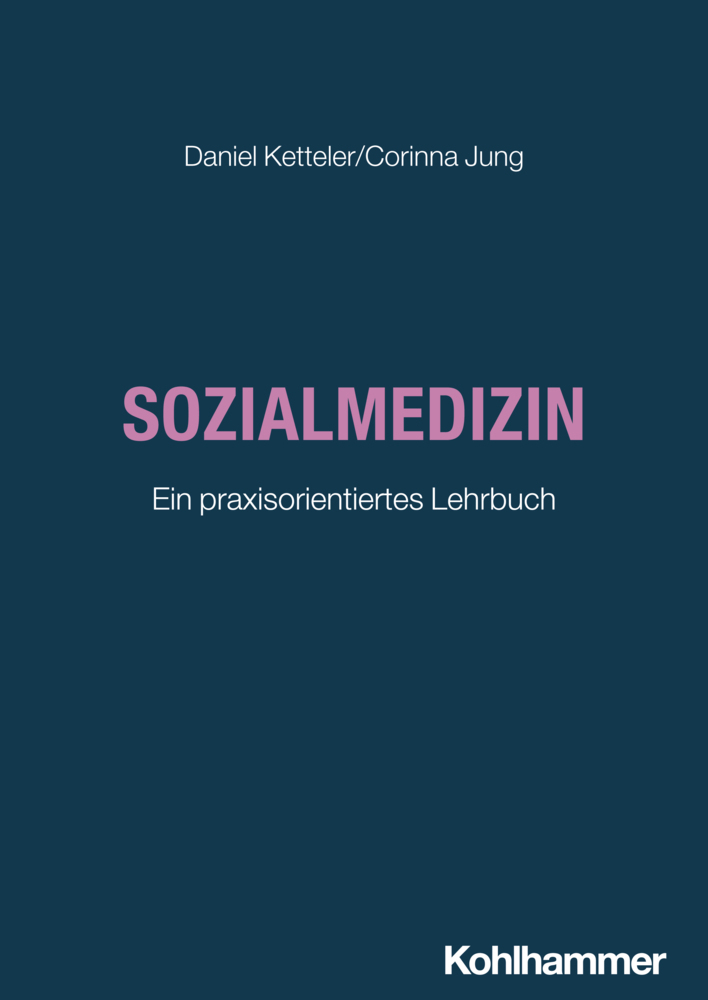A comprehensive overview of nanomaterials that are inspired by or targeted at biology, including some of the latest breakthrough research. Throughout, valuable contributions from top-level scientists illustrate how bionanomaterials could lead to novel devices or structures with unique properties.
The first and second part cover the most relevant synthetic and bioinspired nanomaterials, including surfaces with extreme wettability properties, functional materials with improved adhesion or structural and functional systems based on the complex and hierarchical organization of natural composites. These lessons from nature are explored in the last section where bioinspired materials are proposed for biomedical applications, showing their potential for future applications in drug delivery, theragnosis, and regenerative medicine.
A navigational guide aimed at advanced and specialist readers, while equally relevant for readers in research, academia or private companies focused on high added-value contributions. Young researchers will also find this an indispensable guide in choosing or continuing to work in this stimulating area, which involves a wide range of disciplines, including chemistry, physics, materials science and engineering, biology, and medicine.
Daniel Ruiz-Molina got his PhD on polyradical dendrimers at the Institute of Materials Science of Barcelona (ICMAB). Afterwards he took a postdoctoral position at the UC San Diego working on single-molecule magnets and molecular switches for three years. Since 2001 he got a permanent position at the CSIC. More recently he moved to the new Institut Catala de Nanociencia I Nanotecnologia (ICN2) where he is leading the Nanostructured Functional Materials group. His main research areas are fabrication of hybrid colloids and surfaces, biomimetic functional nanostructures, coordination polymers and micro-/nanoparticles for smart applications and encapsulation/delivery systems.
Fernando Novio is a researcher at the Institut Catala de Nanociencia I Nanotecnologia (ICN2) in Barcelona, Spain, in the group led by Prof. Ruiz- Molina. He received his PhD in chemistry from the Universitat Autonoma de Barcelona, and afterwards did two years of post-doctorate study at the Laboratoire de Chimie de Coordination of the Paul Sabatier University in Toulouse, France. Since joining ICN2 in 2011 he has initiated different research approaches based on the technological and biomedical application of nanostructures based on coordination polymers.
Claudio Roscini is a researcher in Prof. Ruiz-Molina?s group at the Institut Catala de Nanociencia i Nanotecnologia (ICN2) in Barcelona, Spain. He gained his PhD from the University of Bristol, UK, before spending two years as a post-doc at the Universitat Autonoma de Barcelona. He was also a project manager at the Technology Institute Fundacion Privada ASCAMM in Barcelona. He joined ICN2 in 2013 where he is involved in the optimization of micro and nanoencapsulation processes on the small and large scale, and in the development of new nanostructured
The first and second part cover the most relevant synthetic and bioinspired nanomaterials, including surfaces with extreme wettability properties, functional materials with improved adhesion or structural and functional systems based on the complex and hierarchical organization of natural composites. These lessons from nature are explored in the last section where bioinspired materials are proposed for biomedical applications, showing their potential for future applications in drug delivery, theragnosis, and regenerative medicine.
A navigational guide aimed at advanced and specialist readers, while equally relevant for readers in research, academia or private companies focused on high added-value contributions. Young researchers will also find this an indispensable guide in choosing or continuing to work in this stimulating area, which involves a wide range of disciplines, including chemistry, physics, materials science and engineering, biology, and medicine.
Daniel Ruiz-Molina got his PhD on polyradical dendrimers at the Institute of Materials Science of Barcelona (ICMAB). Afterwards he took a postdoctoral position at the UC San Diego working on single-molecule magnets and molecular switches for three years. Since 2001 he got a permanent position at the CSIC. More recently he moved to the new Institut Catala de Nanociencia I Nanotecnologia (ICN2) where he is leading the Nanostructured Functional Materials group. His main research areas are fabrication of hybrid colloids and surfaces, biomimetic functional nanostructures, coordination polymers and micro-/nanoparticles for smart applications and encapsulation/delivery systems.
Fernando Novio is a researcher at the Institut Catala de Nanociencia I Nanotecnologia (ICN2) in Barcelona, Spain, in the group led by Prof. Ruiz- Molina. He received his PhD in chemistry from the Universitat Autonoma de Barcelona, and afterwards did two years of post-doctorate study at the Laboratoire de Chimie de Coordination of the Paul Sabatier University in Toulouse, France. Since joining ICN2 in 2011 he has initiated different research approaches based on the technological and biomedical application of nanostructures based on coordination polymers.
Claudio Roscini is a researcher in Prof. Ruiz-Molina?s group at the Institut Catala de Nanociencia i Nanotecnologia (ICN2) in Barcelona, Spain. He gained his PhD from the University of Bristol, UK, before spending two years as a post-doc at the Universitat Autonoma de Barcelona. He was also a project manager at the Technology Institute Fundacion Privada ASCAMM in Barcelona. He joined ICN2 in 2013 where he is involved in the optimization of micro and nanoencapsulation processes on the small and large scale, and in the development of new nanostructured
Ruiz-Molina, Daniel
Novio, Fernando
Roscini, Claudio
| ISBN | 9783527675845 |
|---|---|
| Artikelnummer | 9783527675845 |
| Medientyp | E-Book - ePUB |
| Copyrightjahr | 2014 |
| Verlag | Wiley-VCH |
| Umfang | 488 Seiten |
| Sprache | Englisch |
| Kopierschutz | Adobe DRM |


